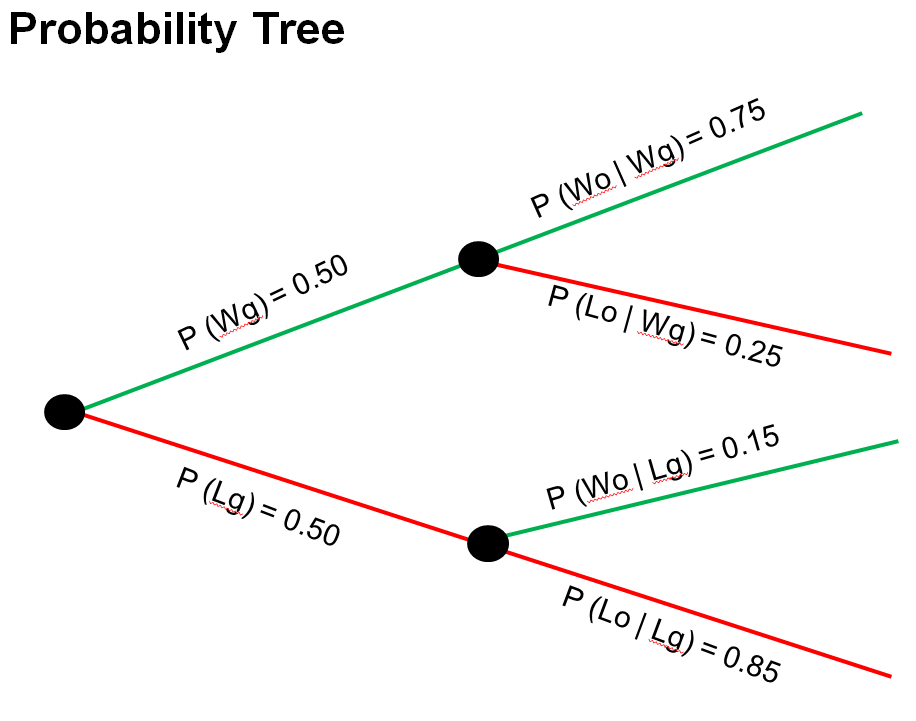 What’s the probability American Hustle wins the 2014 Oscars? Let’s talk Academy Awards, spreadsheets, and conditional probabilities!
What’s the probability American Hustle wins the 2014 Oscars? Let’s talk Academy Awards, spreadsheets, and conditional probabilities!
Probability is all about chance or the likelihood of the occurrence of an event. Our question is: what is the likelihood or probability that a strong nominee American Hustle is awarded best picture at the Oscars? For any event, A, we typically notate the probability of it occurring as P (A).
Now let’s introduce another concept – conditional probability. Conditional probability is the probability of an event occurring given another event has already occurred. For instance, what is the probability American Hustle wins at the Oscars (event A) given it won the Golden Globes (event B)?
How do we denote this? A vertical slash ‘ | ‘ expresses conditionality. It literally can be interpreted as “given.” So, for the above, we express the probability that event A occurs given event B occurs as P (A | B).
A probability tree is a helpful visual for understanding conditional probabilities. Let’s imagine the following probabilities: American Hustle has a 50/50 chance of winning or losing the Golden Globes award. That is,
- The probability of winning the Golden Globes is expressed as P (Wg) = 0.50.
- The probability of losing the Golden Globes is expressed as P (Wg) = 0.50.
These make up the first two branches of our tree. We know there is a 100% chance American Hustle either wins or loses, so without surprise, the sum of their probabilities is 1 (0.50 + 0.50).

If American Hustle wins the Golden Globes, what is the probability it also wins the Oscars? This conditional probability is expressed as P (Wo | Wg) – the probability that it wins the Oscars (Wo) given it also wins the Golden Globes (Wg).
As an example, let’s assume this conditional probability is equal to 0.75. This means given American Hustle wins the Golden Globes, it has a 75% chance of winning the Oscars too. (Note: this is not the true probability; we are using it to illustrate the concept!)
On the flip side, given American Hustle wins the Golden Globes, what is the probability it loses at the Oscars P (Lo |Wg)? This conditional probability is equal to 0.25 or 1 – 0.75. Both are represented in the top two branches of the probability tree.
The same is applied to the bottom two branches of the tree: the probability it wins the Oscars given it loses the Golden Globes P (Wo |Lg); and the probability it loses the Oscars given it also loses the Golden Globes P (Lo |Lg). Each of these four branches are shown in probability tree.
Now, for the big question: given these conditional probabilities, what is the total probability that American Hustle wins the Oscars (assuming you don’t know whether it wins or loses the Golden Globe)? Use the probability tree to figure this out! Try this out first before watching the 6-minute video below:
For our sample spreadsheet, please select here: Conditional Probabilities & Bayes’ Rule
To see a tutorial post on Bayes’ Rule, select here: Bayes’ Rule, Oscars, & Golden Globes.

Great work! Truly amazed that you are so knowledgable on the subject of Statistic and Probability!
Sent from my iPad